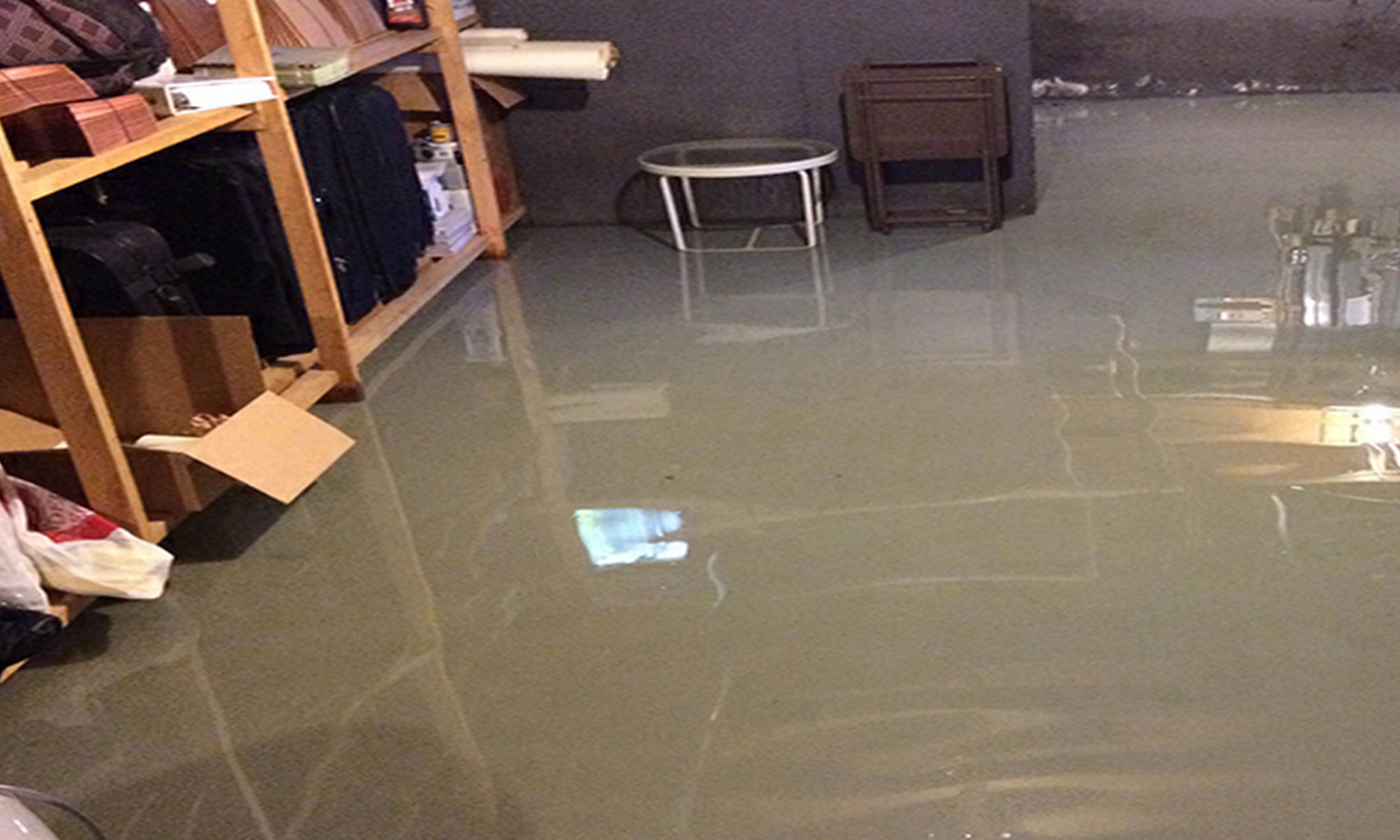Not all basements are created equal. This is mainly due to the different materials used to construct the foundation walls that define the basement. Each of the four foundation types described below has unique characteristics that should be considered when designing a basement waterproofing.
POURED CONCRETE FOUNDATION WALLS LEAK REPAIR SOLUTION
Poured Concrete Foundation Walls Typically leak along the joint between the floor and the wall. The high hydrostatic pressure outside the foundation can cause the concrete foundation to crack and water to seep through into the basement.
Advanced Waterproofing recommends (Crack Injection) the best and most affordable repair system in the industry.

Why is Crack Injection the best waterproofing system?
- This waterproofing solution has a proven records of very well documented waterproofing performance used in commercial, residential and industry areas.
- Crack Injection offers very low invasivity to the Jobsite, very small demolition and none demolition in unfinished basements
- No dig, no mess!
- Fast results (instant waterproofing results)
- Can be done wet or dried
- Best warranty (Limited Lifetime Warranty)
This solution can be applied to tie-Rod-Holes, Concrete Could Joins, Concrete HoneyCon and Concrete Core Holes, this waterproofing system just require a solid foundation.
Have more questions? Contact Us>
CINDER BLOCK FOUNDATION WALLS LEAK REPAIR SOLUTIONS
In most cases, concrete blocks foundation walls will leak along the floor/wall joint, just like poured concrete walls. But the mortar joints between individual concrete blocks also have the potential to leak. Pressure against a concrete block foundation often weakens mortar joints, causing cracks that allow water to penetrate. The hollow cores in concrete blocks can fill with water, causing the foundation to leak long after the soil outside the house has dried out. Expect the same characteristics of cinder block walls.
Because every type of basement foundation can have water leaking through walls as well as along the floor-wall joint, any waterproofing system should aim to capture this leakage before it can get into the basement.
What is the solution?
Advanced Waterproofing Interior Water Control System
- Avoids disruption on exterior: Exterior waterproofing requires removal of landscaping and paved surfaces & decks etc. that are within 3 feet of the foundation
- Captures floor and wall seepage without the need to completely remove finished walls to rid your basement of leakage
- More economical: This system is less labor intensive, resulting in lower costs
- Relieves hydrostatic pressure: Because a continuous piping system runs along the inside of your footing, water pressure from beneath the floor or outside of your foundation is relieved and water is routed to a discharge pump
- Not weather permitting: The installation can be performed all year round even when the ground outside is frozen
- Protected from outside issues: Interior systems are not subject to the elements, soil conditions or tree roots growing into the drainage system
Advanced Waterproofing Exterior Waterproofing
- Little disruption to basement interior: Most of the work is performed on the exterior so if you cannot give up your internal space this option is for you.
- Little or no preparation required on your behalf: The exception being landscaping or anything else you want to be moved.
- Helps drain soil: Our exterior waterproofing system includes new weeping tile with silt sock that will drain the saturated earth next to your house and relieve lateral water pressure against the foundation – excellent choice if you have a cinder block foundation
- Exterior sealant: Full excavation allows for application of exterior rubber membrane & Delta MS foundation wrap (especially helpful for cinder block foundations)
Both Interior and Exterior Waterproofing Systems have proven to provide lasting results for thousands of homeowners, just like you. This is why it is a good idea to consult with a reputable & ethical waterproofing contractor who will give you the advice and guidance you need to make the best decision possible.
Need more information to help you decide on which one would work best for you? Contact Us Online Now>


